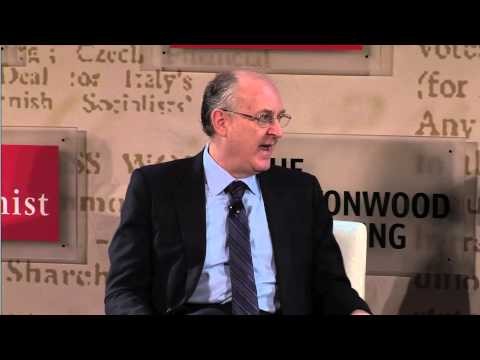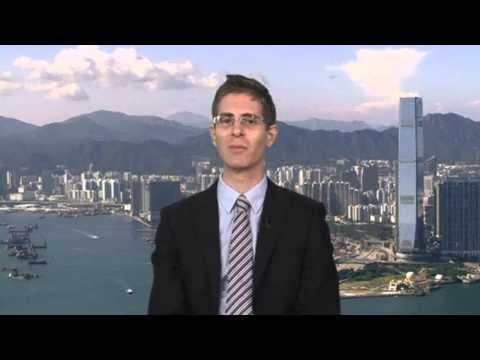BOJ Beat Abe Adviser Calls for More Easing to Weaken Yen Should Economy Slump Japan Real Time
Post on: 24 Июнь, 2015 No Comment

Yen
The Bank of Japan headquarters in Tokyo Bloomberg
The Bank of Japan should take additional easing measures to bolster the stock market as well as weaken the yen should the impact of the sales tax increase on the economy be grave, a monetary-policy adviser to Prime Minister Shinzo Abe said.
If there is any unexpected economic pullback, monetary policy will be the one to play the leading role, Etsuro Honda said in a recent interview with The Wall Street Journal, adding that the BOJ would then act in late May at the earliest and July at the latest.
“The purpose of additional monetary easing would be to boost the wealth effect, by pushing stock prices higher or making the yen a little weaker,” said the university professor.
The surprisingly frank remarks seeking a lower yen by Mr. Honda is in stark contrast to restrained comments by Tokyo policymakers who have been careful in avoiding being seen as manipulating the Japanese currency. Following the yen’s drop early last year, overseas governments and central banks have pressured Japan not to resort to a weaker yen to boost its exports at the expense of foreign economies.
Japans relatively solid growth last year was in no small part due to a drastic shift in BOJ policy. The yen has fallen over 20% to the dollar since Mr. Abe took office in late 2012. That has sharply bolstered overseas profits of Japanese exporters, which sent Tokyo stocks soaring. Higher shares in turn stimulated consumption by leading the wealthy to open their wallets.
Mr. Honda said Japan isnt targeting the yens levels, that it was merely a result of policy. It is natural for exchange rate to move as a result of domestic policy, as we have a flexible exchange rate system, he said.

Fiscal policy should also do its part to mitigate the impact of the tax increase on consumers, Mr. Honda said. “This may be ‘pork-barrel spending at its extreme,’” but one option would be for the government to compile a new extra budget to hand out ¥2 trillion in cash for households, he said.
When Mr. Abe came into power on Dec. 26, 2012, the yen was trading at around ¥85 to the U.S. dollar. Seeing that level as “excessively strong, Mr. Abe has made reversing the yen trend a top priority of his administration. Friday, the yen was at around ¥104, with which Mr. Honda said he feels comfortable.
Still, I dont think (the era of excessive yen strength) is over yet, Mr. Honda said. The yen is expected to go further south considering that Japan’s real interest rates remain lower than those of others. We wouldnt have any trouble even if the rate were at Y110, he said.
For the latest news and analysis, follow @WSJAsia














